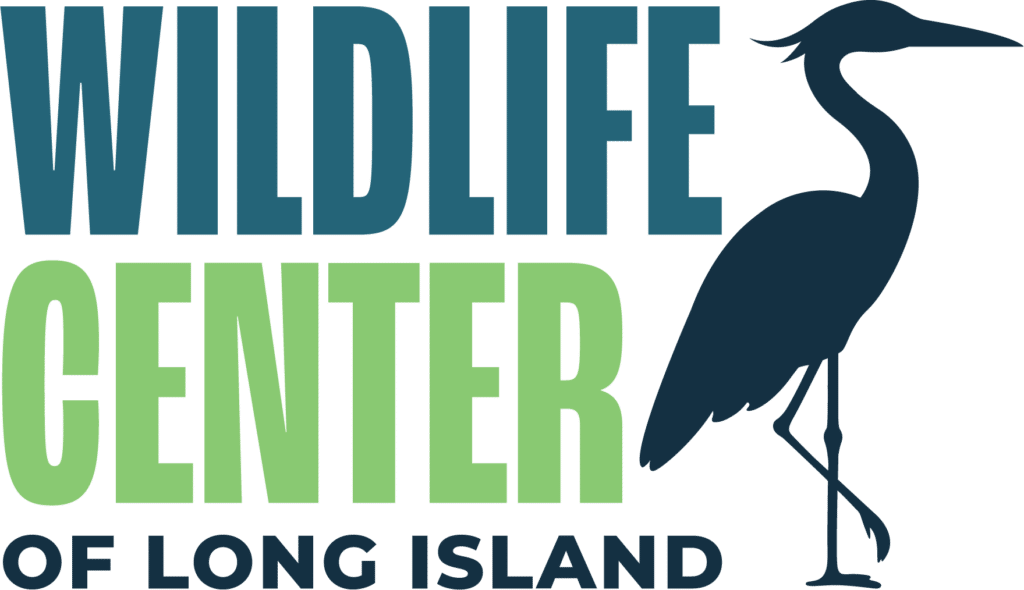Raccoons on Long Island
Raccoons are nocturnal mammals found all across Long Island. They are opportunistic scavengers, this means they will eat almost anything they come across including fruits, plants, and animal matter. They have very nimble paws that they use to manipulate food items, climb trees, and even open objects like trash cans to look for food.

